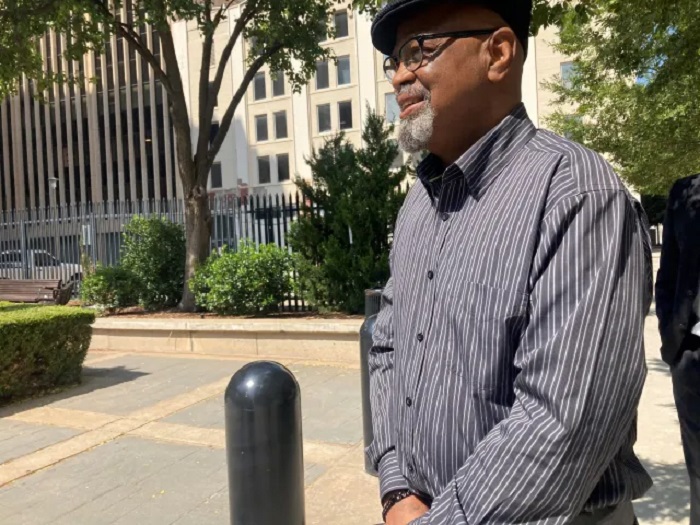Oklahoma City, OK — Oklahoma has long held a grim record in the United States: the longest wrongful incarceration in history. Glynn Simmons spent nearly 50 years behind bars for a murder he did not commit, a stark reminder of the devastating consequences of wrongful convictions.
Until recently, Oklahoma’s compensation for victims of wrongful incarceration was capped at $175,000—an amount that falls far short of the real cost of decades lost to imprisonment. For Simmons, this amounted to less than $10 per day for nearly half a century.
After years of advocacy and painful stories from those affected, Oklahoma has passed a new law aimed at providing more meaningful compensation to those who have been wrongfully convicted and incarcerated.
Phuong Cao’s story is among those that spurred legislative change. Cao fled communist Vietnam in the early 1980s with his family, seeking a fresh start in Oklahoma City. A hardworking immigrant, Cao supported his wife and five children by working multiple jobs. In 1991, he was falsely accused and wrongfully convicted of a crime he did not commit. Cao spent almost ten years in prison before being exonerated, a victory his family fought for tirelessly after his release.
Cao’s daughter, Trang Green, recalls the toll the ordeal took on the entire family. “Not only did he suffer, but we all suffered,” she said. Because of his immigrant status, Cao also faced annual immigration check-ins and was even listed for deportation despite his innocence. “He couldn’t even go bury his own father in Vietnam while he was fighting for his right to exonerate himself.”
Oklahoma is home to 44 known wrongful conviction cases, but only about half of those individuals sought compensation under the outdated system. Many felt the $175,000 limit was insufficient to reflect the decades of life stolen from them.
In response, State Representative Cyndi Munson (D-Oklahoma City) introduced HB 2235, a bipartisan bill designed to overhaul the state’s compensation framework for wrongful convictions. According to Munson, neighboring states such as Kansas, Missouri, Texas, and Colorado already offer compensation tied to the number of years served, providing a model for Oklahoma to follow.
The new law awards $50,000 per year of wrongful incarceration, an additional $50,000 for each year spent on death row, and $25,000 for years spent on parole. Importantly, those who initially pleaded guilty but were later found innocent remain eligible.
“We want to provide compensation that has some dignity because we’ve taken all of your life opportunities away and taken you away from your family and your community, and we’re going to make that right,” Munson said.
Despite the law’s passage, it is not retroactive. This means individuals like Cao, who were exonerated before the bill became law, will not be eligible for the increased compensation. However, Cao’s family has found some closure. After decades apart, Cao was finally able to obtain an American passport and reunite with family in Vietnam, a tearful moment marking a new chapter after nearly 40 years of separation.
The passage of HB 2235 marks a significant step forward for criminal justice reform in Oklahoma, offering greater recognition and restitution to those whose lives have been irreparably altered by wrongful convictions.

